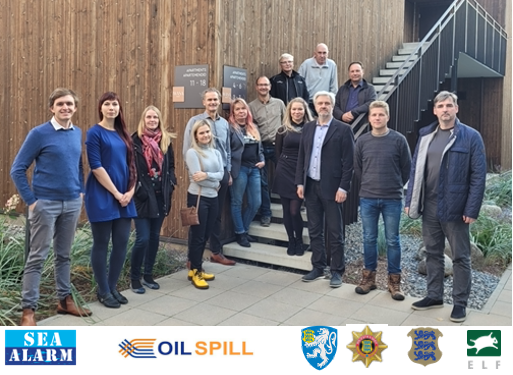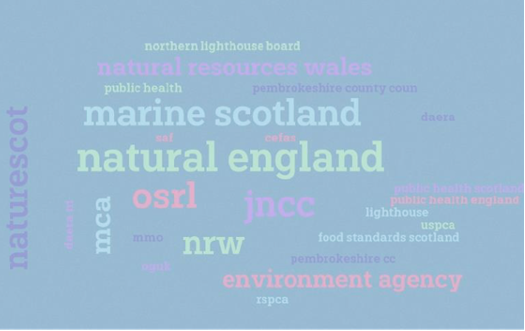
National oiled wildlife training course to further Estonian preparedness
On 7 and 8 October, Sea Alarm was invited by the Estonian Ministry of Environment to deliver a face-to-face national training course about oiled wildlife response as part of the EU-funded Interreg OIL SPILL Project dedicated to the Baltic Sea Region.
Over 14 representatives of Estonian authorities (Environmental Board, Police & Border Guard, Rescue Board and Ministry of Environment) as well as a local NGO (the Estonian Fund for Nature or ELF) gathered to know more about the national oiled wildlife response plan and their respective roles in terms of in-country preparedness and response in case of emergency situation impacting wildlife.
The training provided an overview of the effects of oil on wildlife, the concept of oiled wildlife response objectives, and the existing experience and tools available to build-up in-country preparedness. The training also stressed the importance of better integrating wildlife in the overall emergency system management and considering the tiered response approach in terms of expertise and equipment. The participants were also introduced to the role and services that the EUROWA network can provide to governments in Europe.
During the 2-day course participants had the opportunity to interact with each other during table top exercises dealing with oiled wildlife response scenarios along the Estonian coastline, using role playing to set up the appropriate response strategy. These active learning sessions led the participants to brainstorm on oil spill scenarios and improved their understanding of the importance of being prepared to deal with oil spills, but also emphasised that risks to wildlife can occur anywhere in Estonian waters, which host ecologically sensitive areas for wildlife, particularly birds.
The outcomes of the meeting will be to provide important information to be considered in the on-going process to update the national oiled wildlife response plan.


